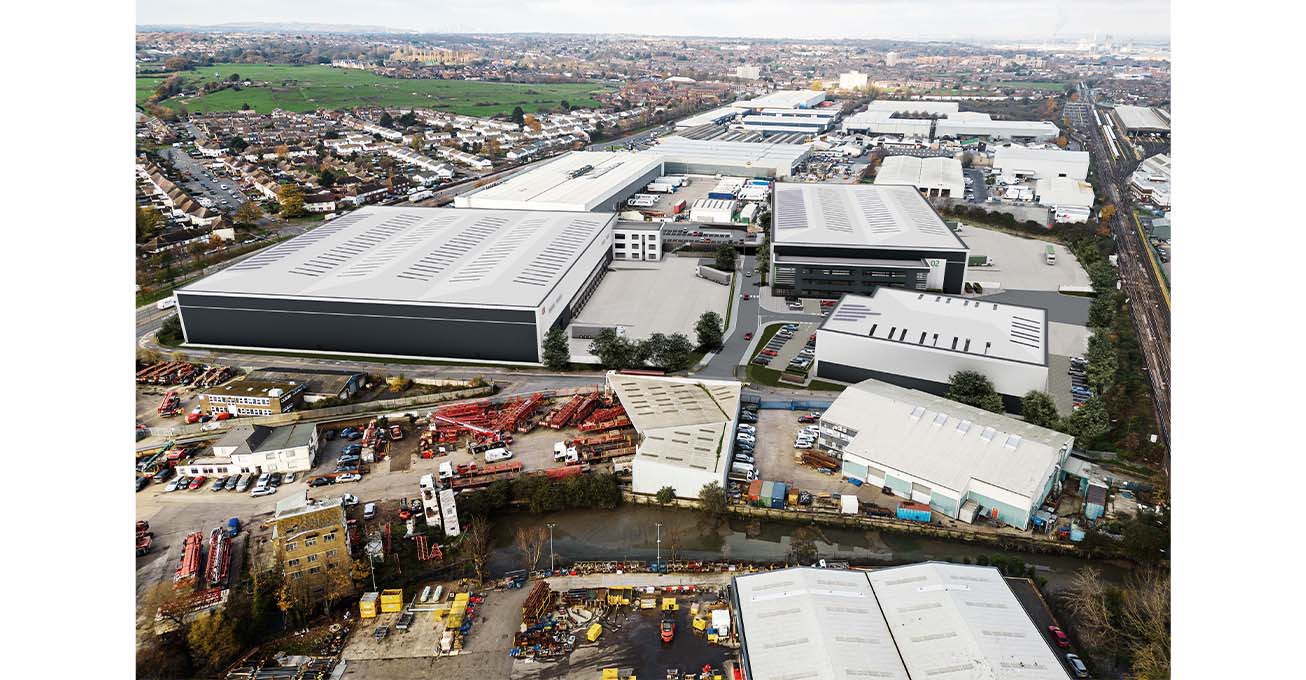 This a vital part of the checklist which anyone looking to buy or sell a home should tick off.
This a vital part of the checklist which anyone looking to buy or sell a home should tick off.
But despite the importance of energy performance certificates, almost one in two are in the dark as to what they are.
A recent survey by David Wilson Homes which surveyed 500 UK homeowners found 52 percent of those polled were bewildered by what the term meant.
So what are they? And how do you ensure yours is up to standard?
Jonathan Rolande, founder of House Buy Fast, commented: “Every house which goes on the market requires an Energy Performance Certificate to help prospective buyers understand the energy performance and potential cost of running the home. An energy inefficient house is likely to ring alarm bells for buyers, particularly whilst energy bills remain high.”
Here, Jonathan shares his top tips on the best ways owners can boost the energy efficiency of their home.
Insulation is likely to be the biggest way you can make a real difference in making your home more energy efficient. By spending a couple of hundred pounds at the beginning, you can save thousands in a few years. The best areas to insulate are the loft – since around 20-25 percent of heat will be lost through the roof and hot pipes.
An estimated 15 percent of energy is also lost through windows and five percent through doors. Draught-proofing can be very simple and doesn’t necessarily need new windows and doors. Solid door-brushes, seals and tape can be used to provide a discrete and more permanent way to keep heat in the home.
Typically, 30-35 percent of heat will be lost through uninsulated walls, but cavity wall insulation is more costly and can cause issues – so be careful and do not rush into this. There are other steps which you can take to make a big difference.
Changing bulbs to LEDS will also help lower the bills, since they use 90% less energy than traditional bulbs.
If your gas boiler is more than 15 years old, it could also be cost effective to replace it. Not only might it save you money when compared to repair costs but it will be more efficient. You might also want to consider replacing it with a condenser or even a heat pump and you could be eligible for grants to help with the cost.
When it comes to energy bills we automatically think of heating and lighting, but a modern home contains many devices which can increase our bills. From washing machines to fridge freezers, new appliances all come with an energy label to tell you how much energy it uses. You should also consider the size of the appliance and opt for the smallest one which still meets your needs.
Energy meters will also help to show you how much energy you are using and which appliances are the culprit when it comes to bills. They can be a guide in helping you make changes to increase the energy efficiency of your home and, when it comes to selling, making it more attractive to buyers.






